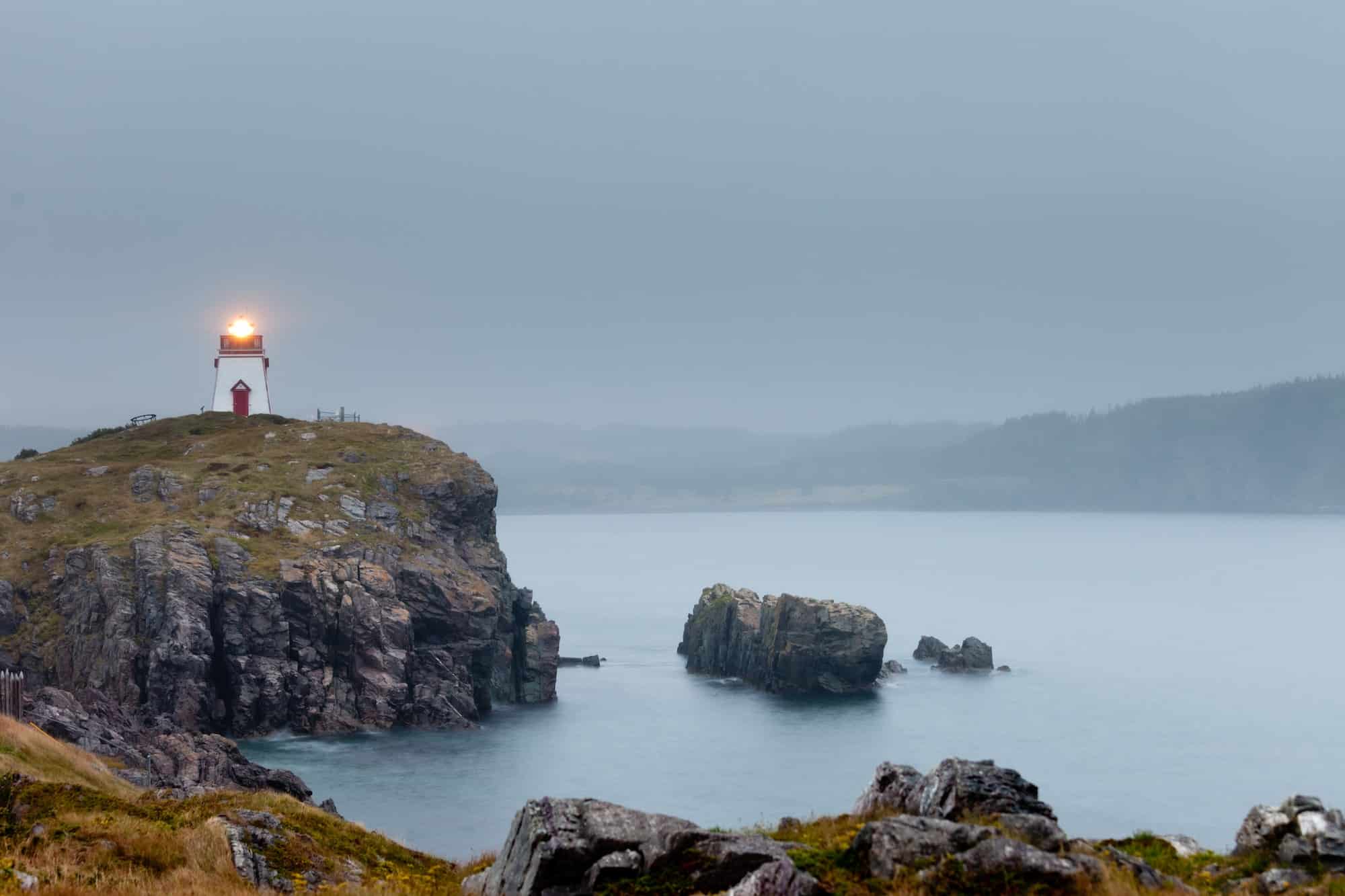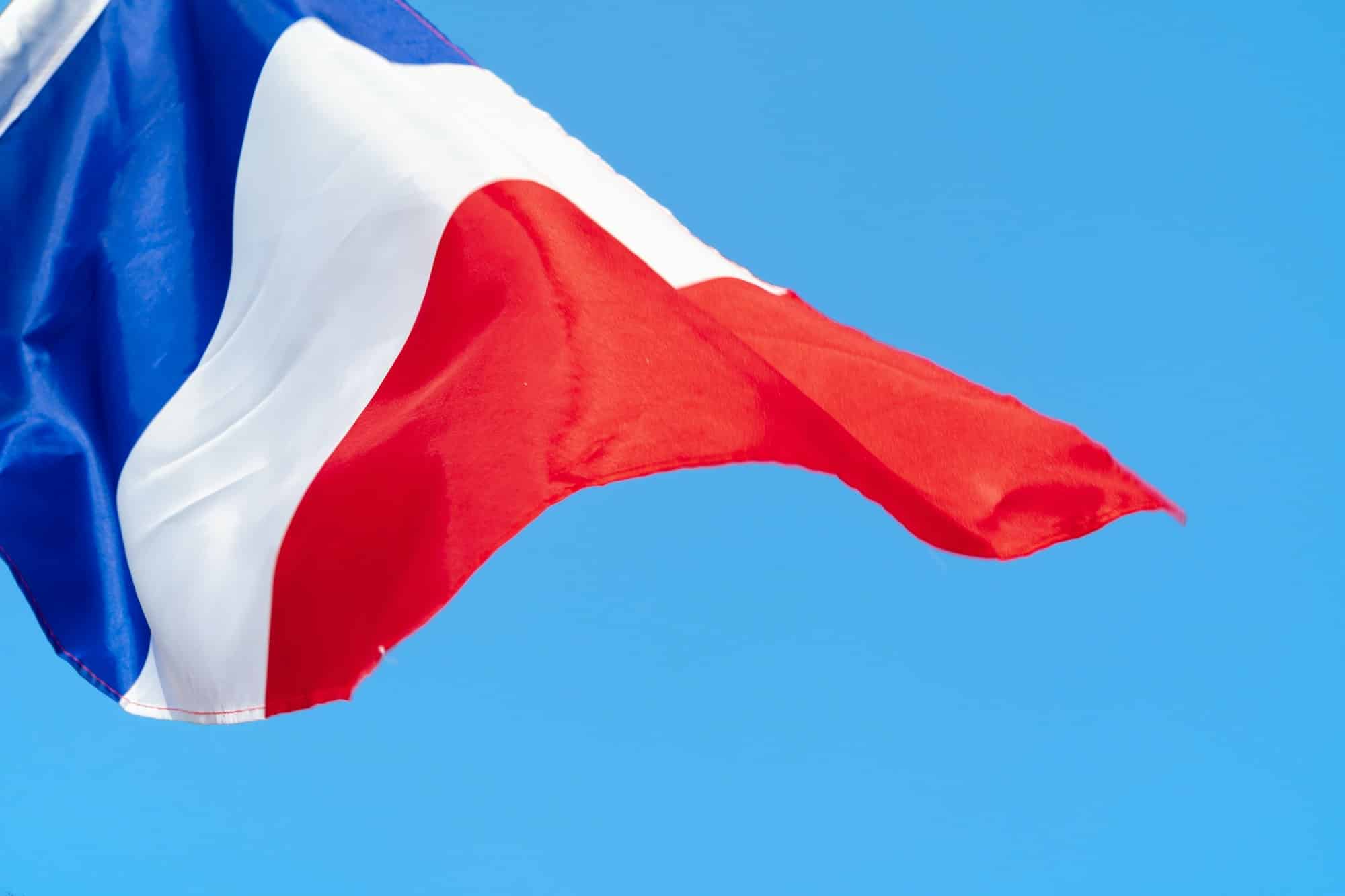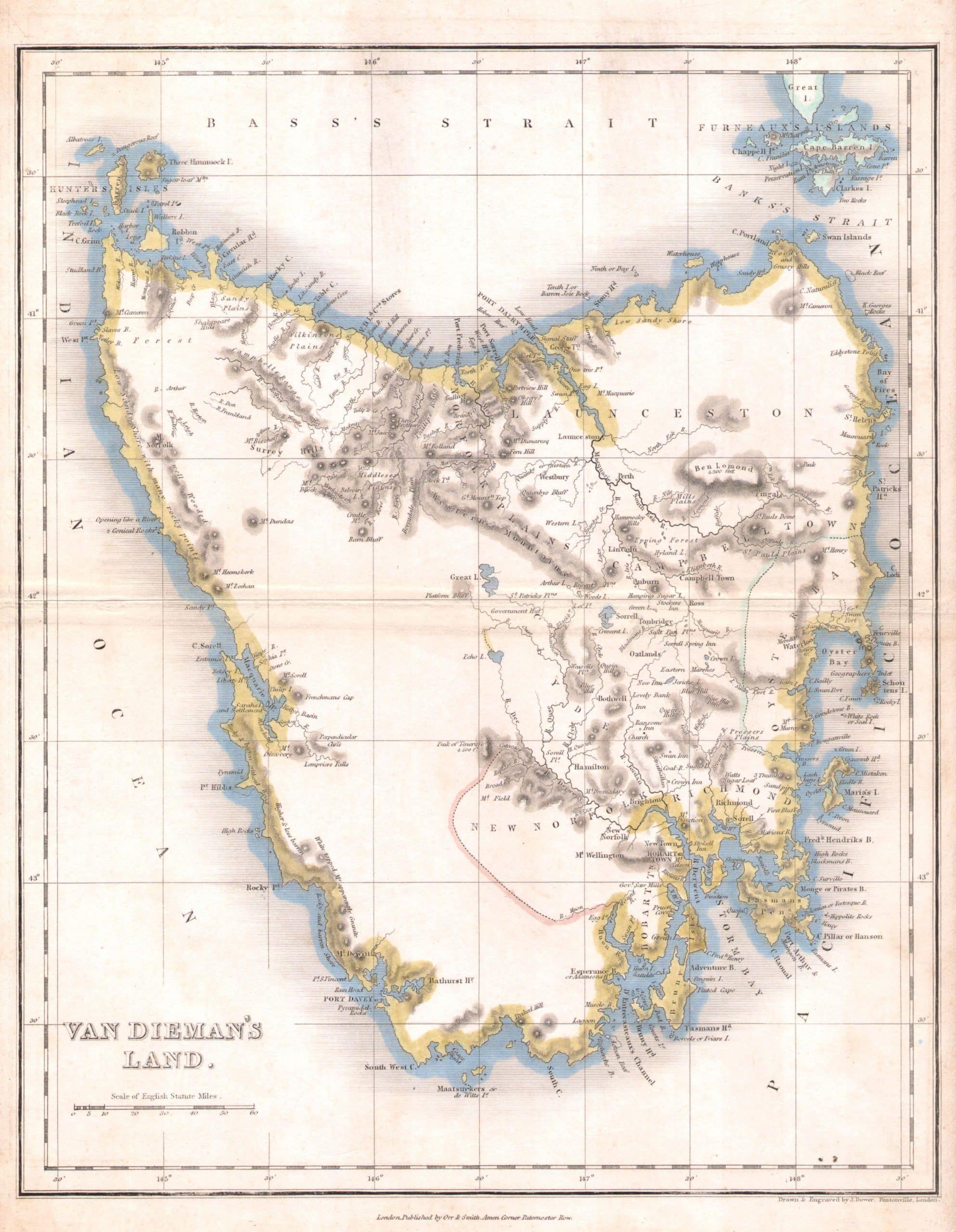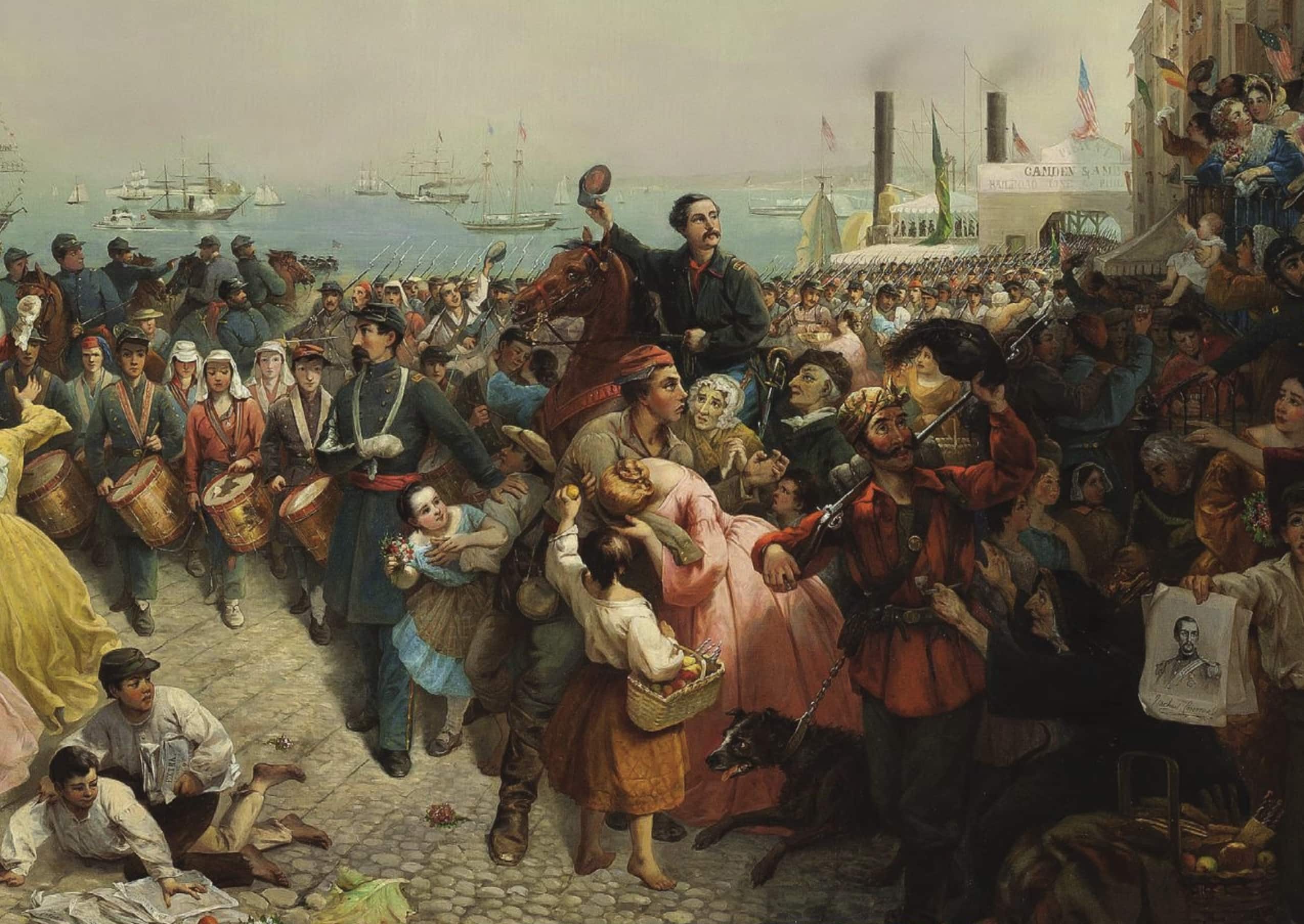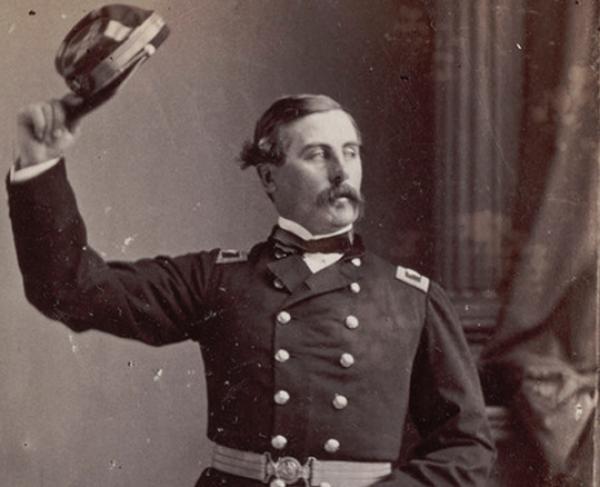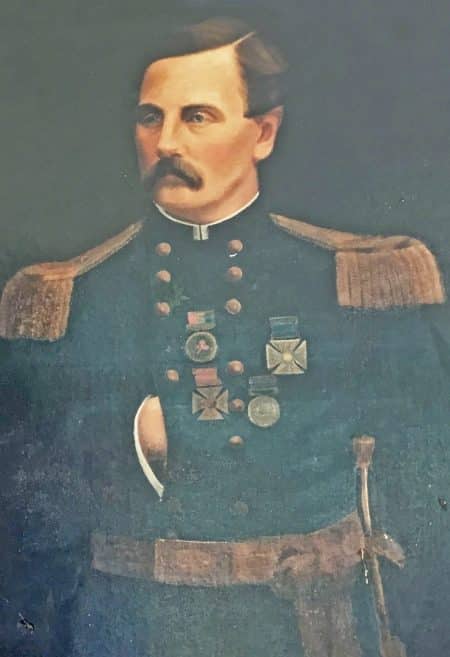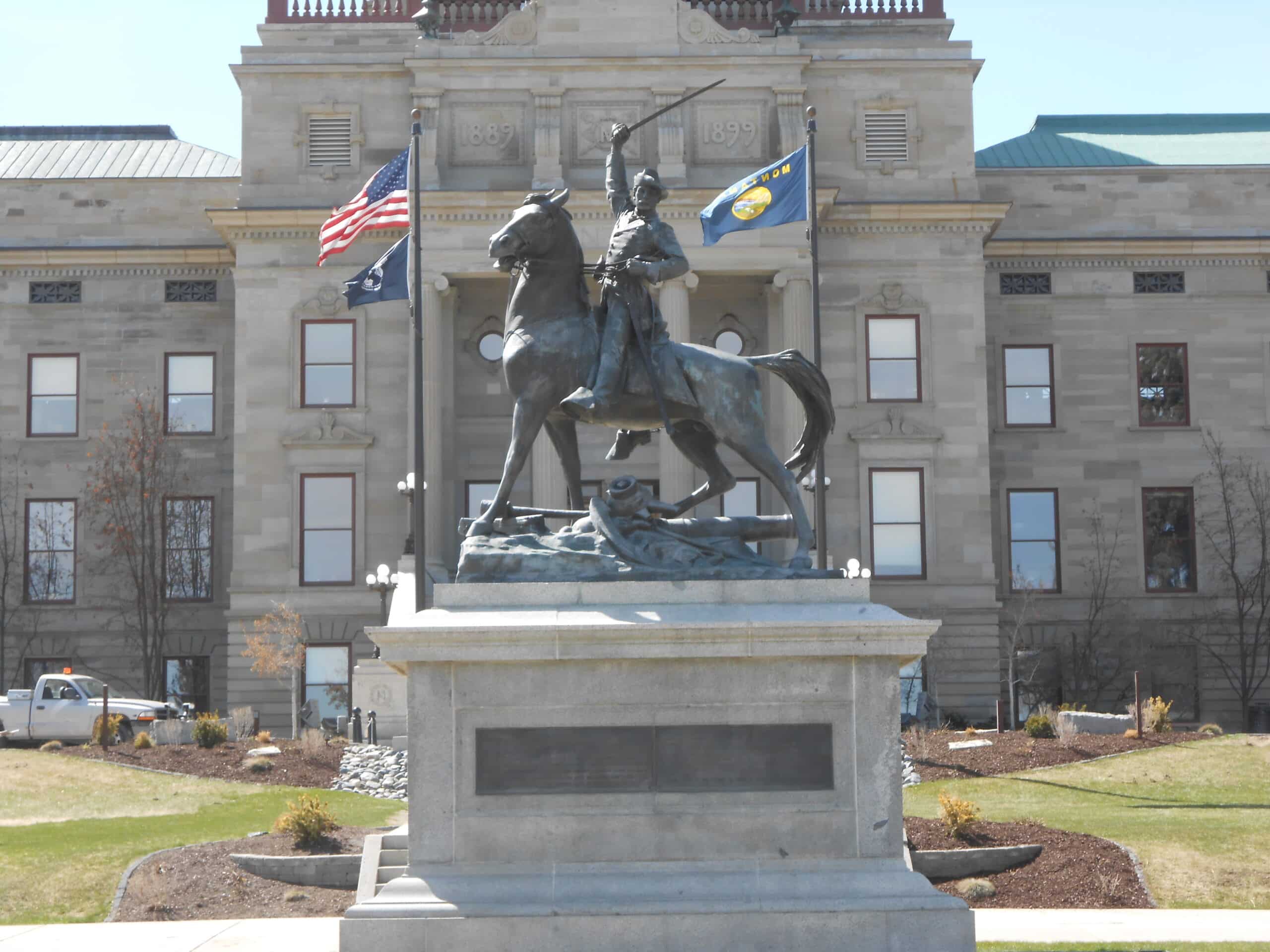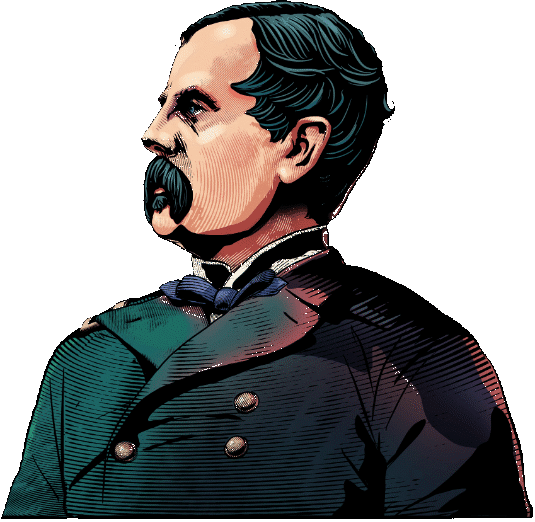Timeline
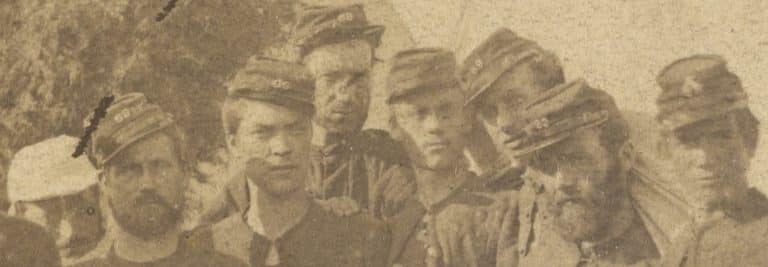
Birth
Meagher’s Father, Thomas Meagher, was the first post-reformation Catholic Mayor in Ireland. They lived in a gracious old mansion on the Quay, now the Granville hotel, which is where Meagher was born and spent his childhood.
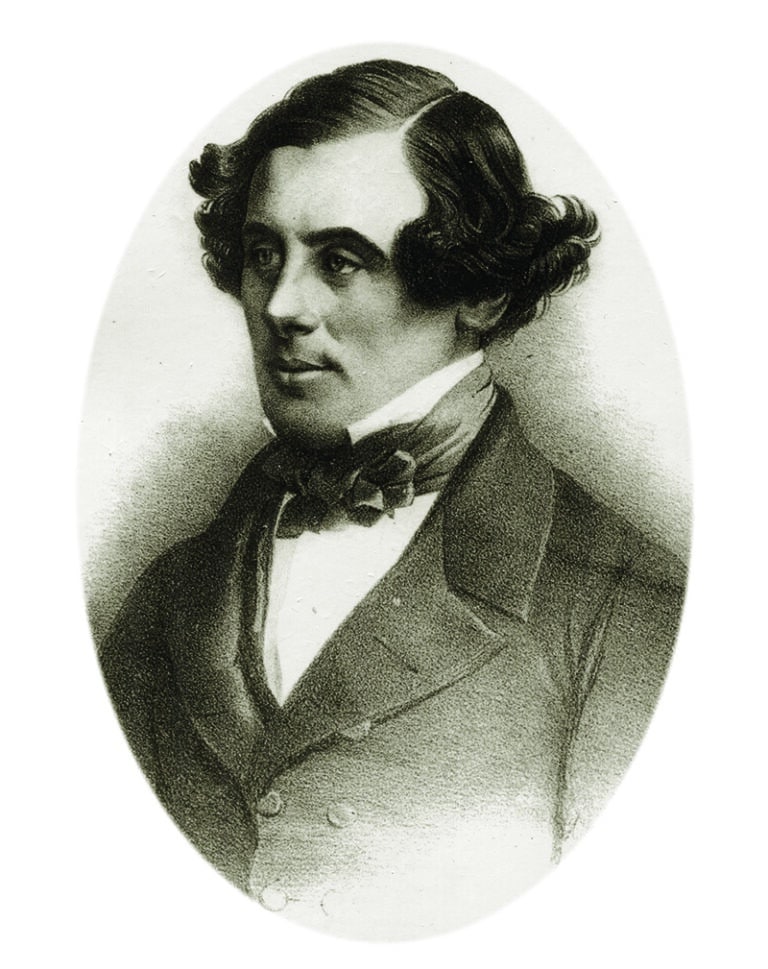
EDUCATION
Meagher went to primary school at Mount Sion, the birthplace of the Christian Brothers, founded by Blessed Edmund Rice in 1802. He furthered his education at Jesuit’s College of Clongowes-Wood and at 15, he was the youngest medalist at the Debating Society.
At 16, he wrote a history of the debating society which was presented to O’Connell during a visit. O’Connell made an interesting prediction upon reading the work: “A genius that could produce such a work is not destined to remain long in obscurity.”
He furthered his education at Stonyhurst, Lancashire, England and left with the reputation of being one of the greatest rhetoricians it ever produced. In 1841, Meagher won a silver medal at Stonyhurst for an anti-slavery essay he wrote.
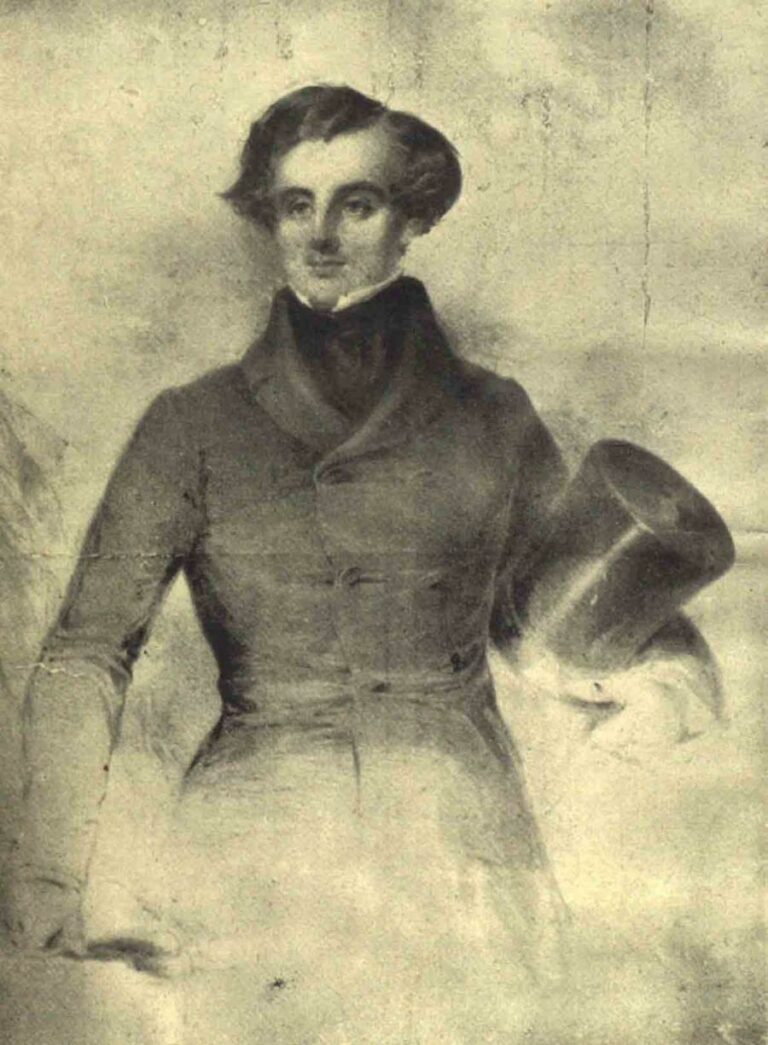
POLITICS
Popular speaker of the Repeal Association, an Irish independence movement.
At 23, he delivered his famous sword speech to the Repeal Association.
Founder member of the Irish Confederation dedicated to Irish independence.
Ran as a candidate in the famous 1848 Waterford by election and won the hearts of the people, sadly most of them were not entitled to vote. He lost marginally to the whigs. Click to read a speech delivered by Meagher during the 1848 Waterford elections. This speech outlines how he reached out his hands to the Orange Order and said ”What strength have I to beat my way towards that bold headland upon which I have sworn to plant the flag I have rescued from the wreck’
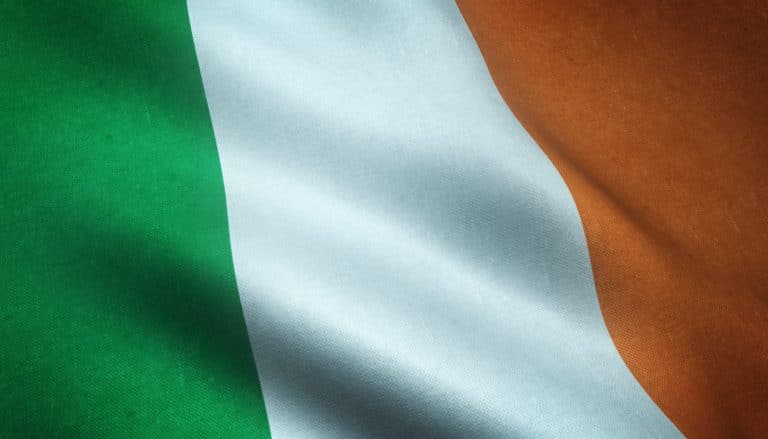
Flag
Unveiled the Irish Tricolour for the first time in March of 1848 from the Wolfe Tone Club in Waterford City.
Presented the Irish Tricolour in a speech to the citizens of Dublin at a banquet in April 1848.
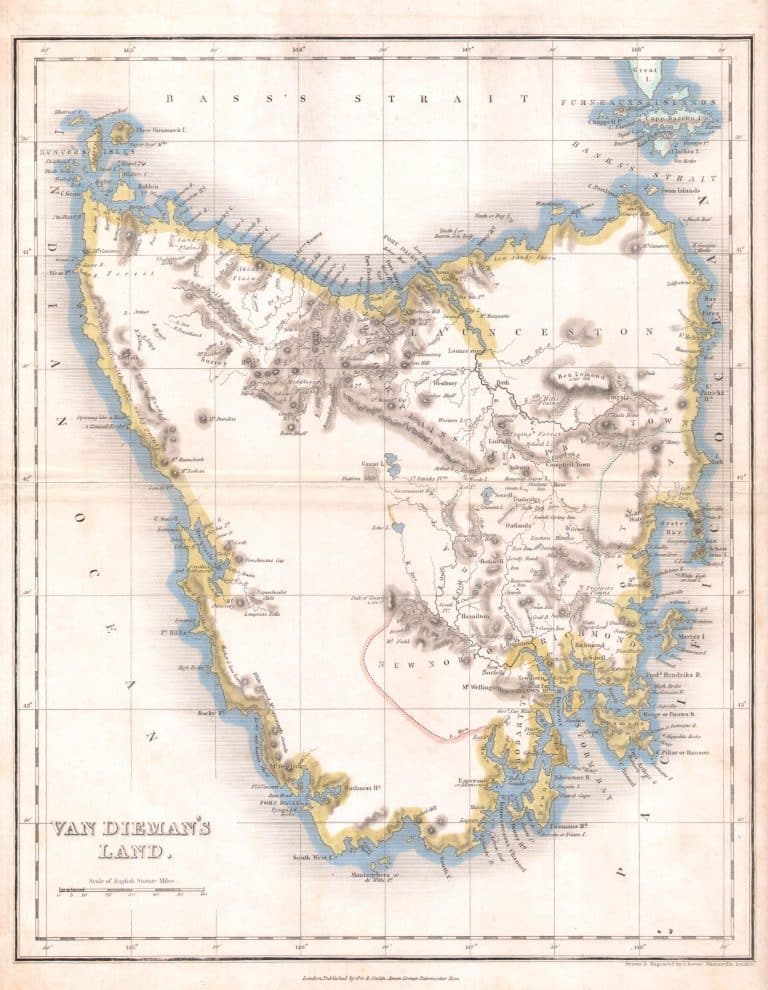
SENTENCING
Sentenced to be hung drawn and quartered for sedition following Young Irelander rebellion.
Delivered his famous defiant speech from the dock
Sentence commuted and banished to Tasmania for life.
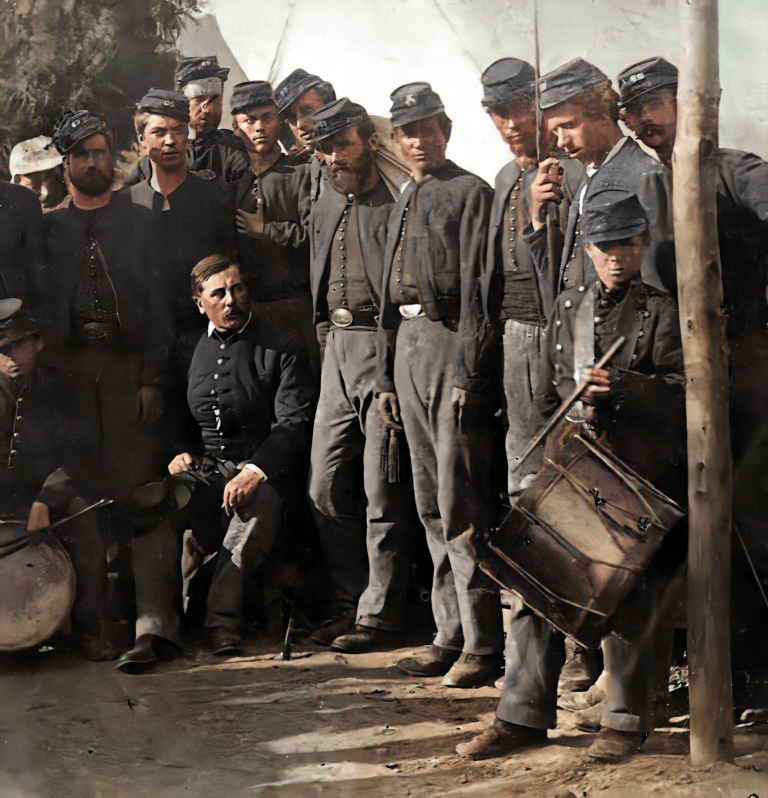
ESCAPE TO AMERICA
Escaped from Tasmania to a hero’s welcome in New York.
Became a prominent lecturer and news paper editor in New York.
At the outbreak of the American Civil War Meagher formed Company K of the New York 69th Infantry regiment. Meaghers Irish Brigade fought with distinction throughout the course of the war and gained praise from friend and foe.

MONTANA
After the war Meagher would become acting governor of Montana and develop the first constitution of Montana a major step towards statehood.
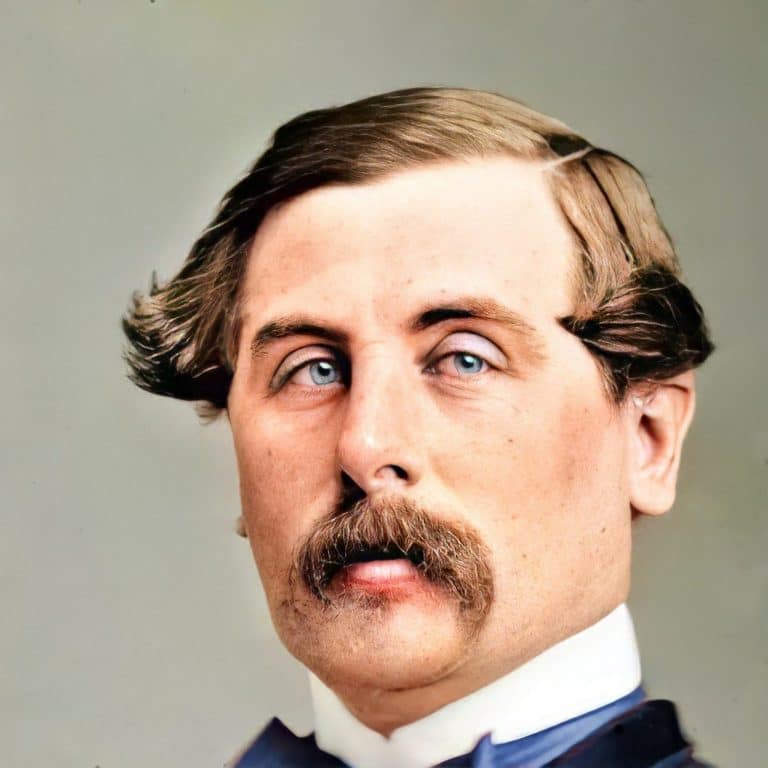
DEATH
Died in mysterious circumstances on 1st of July 1867.
